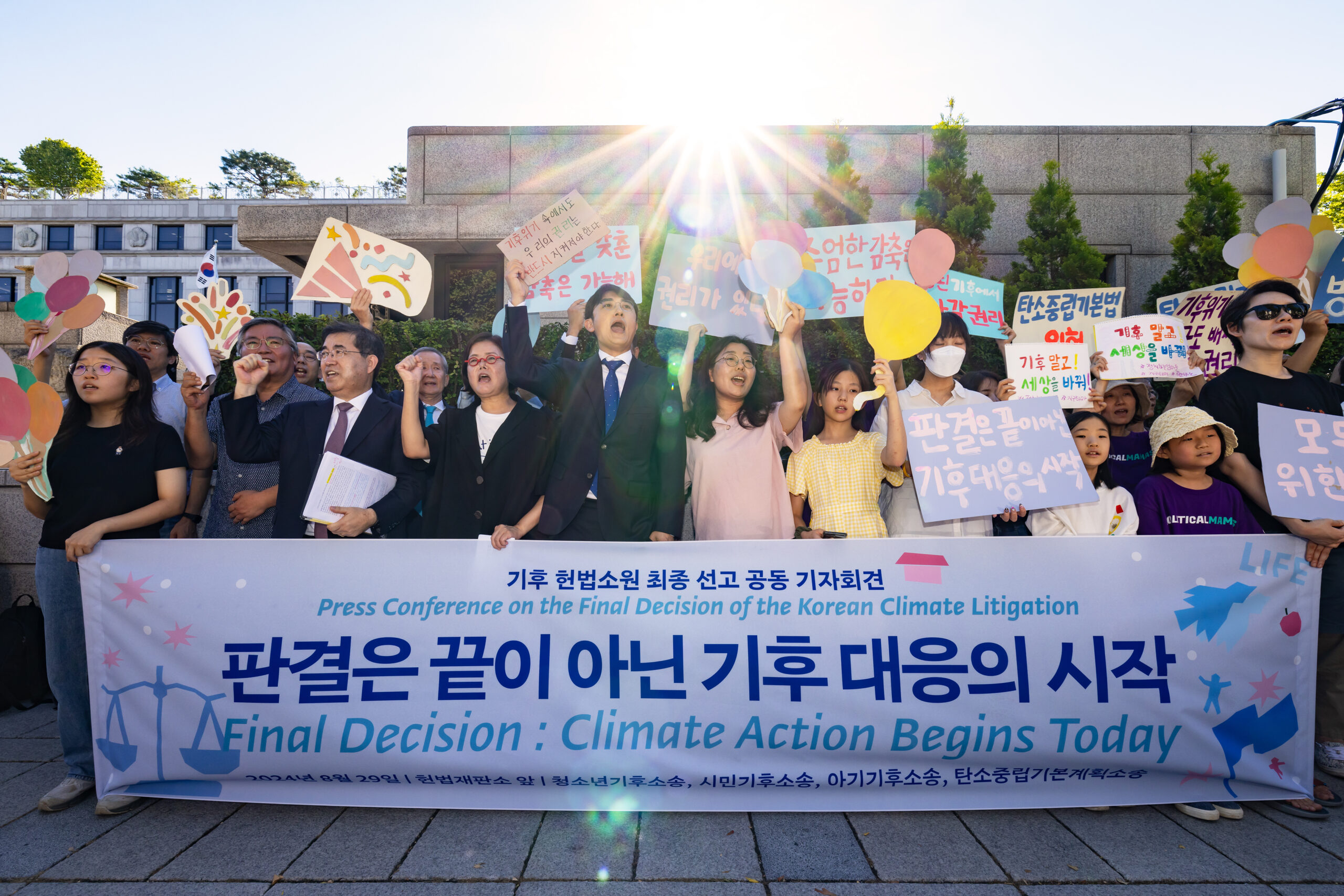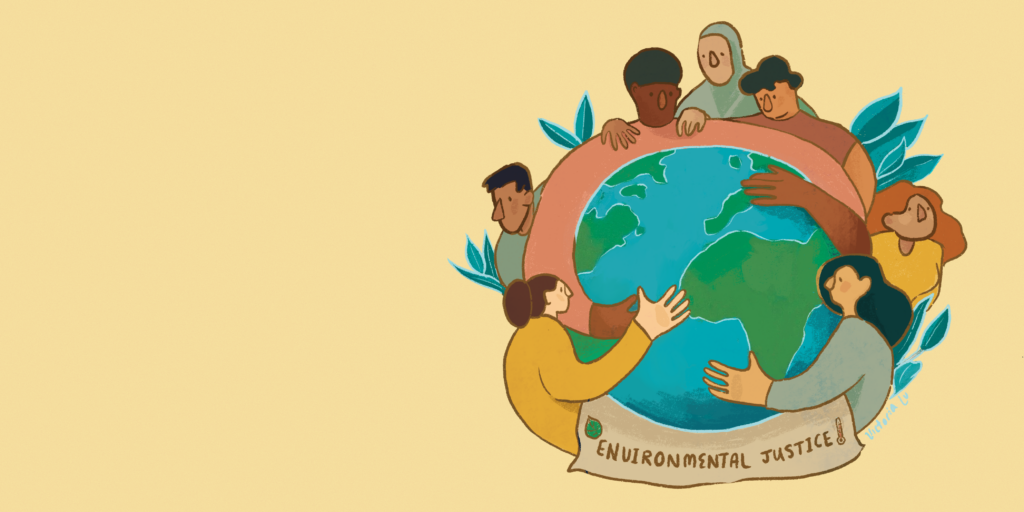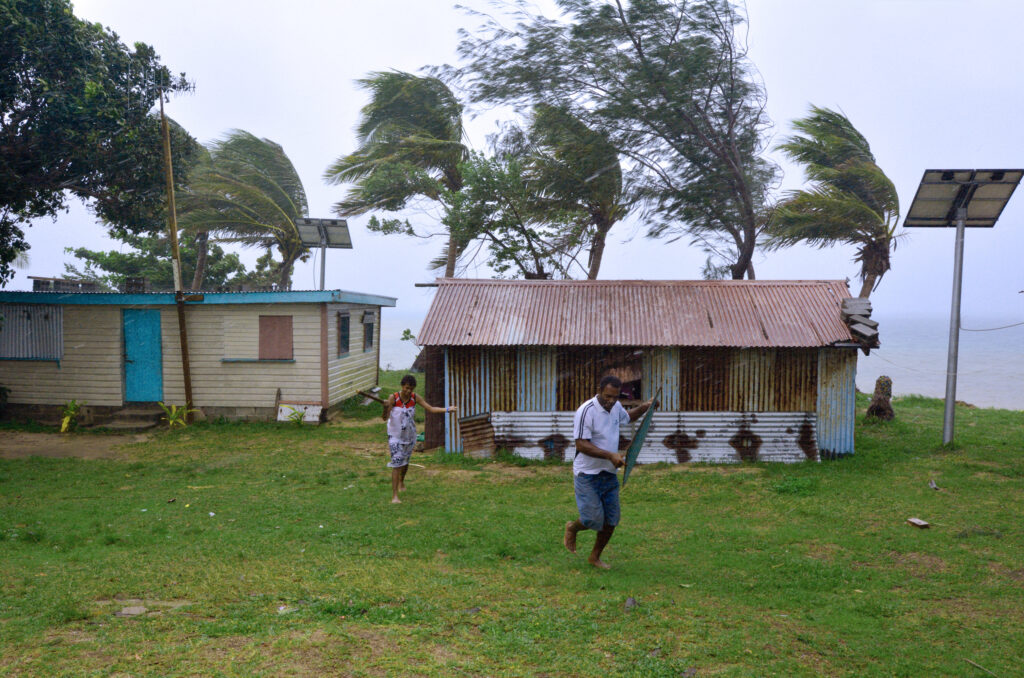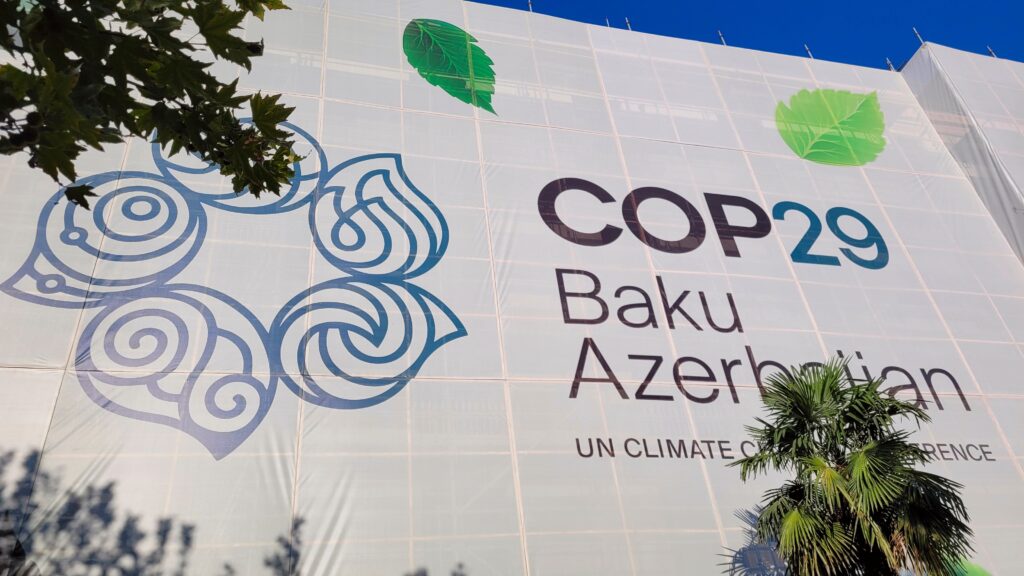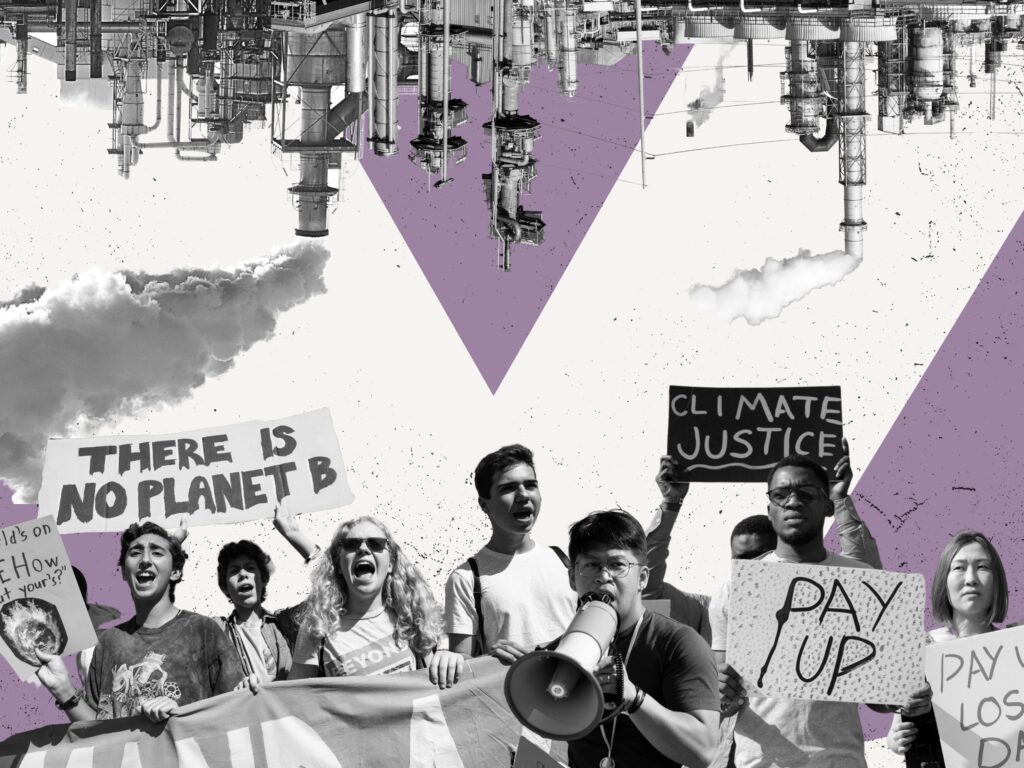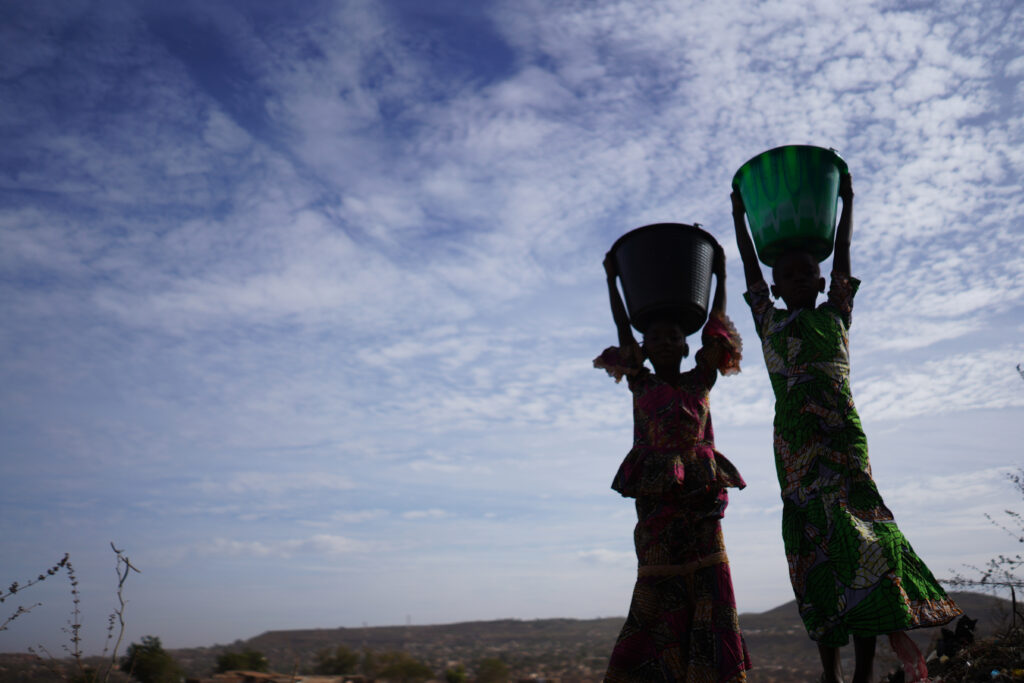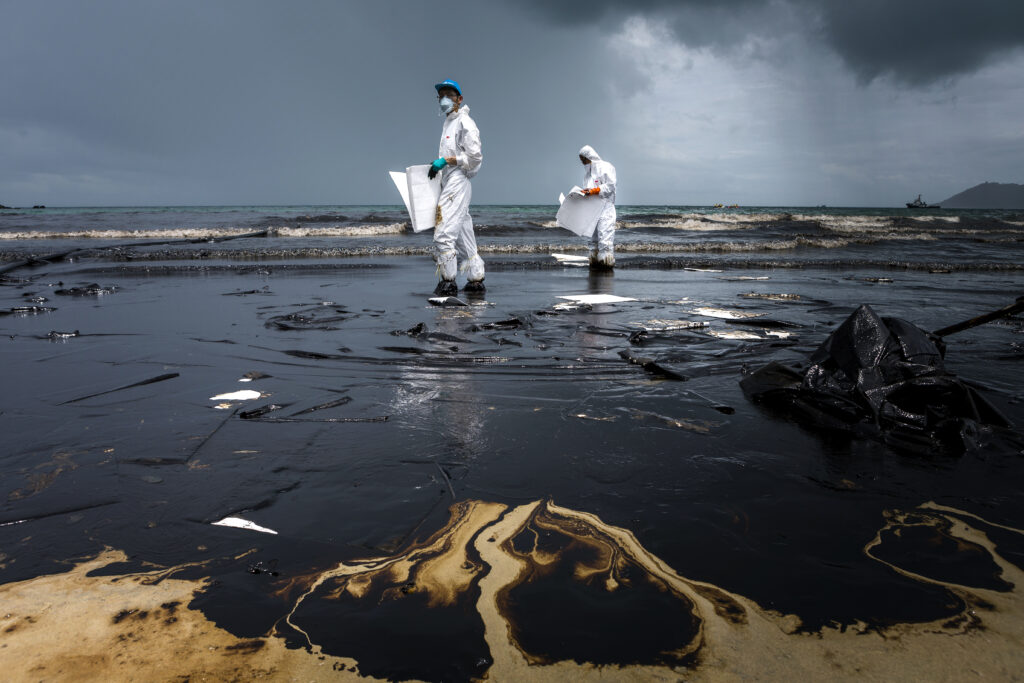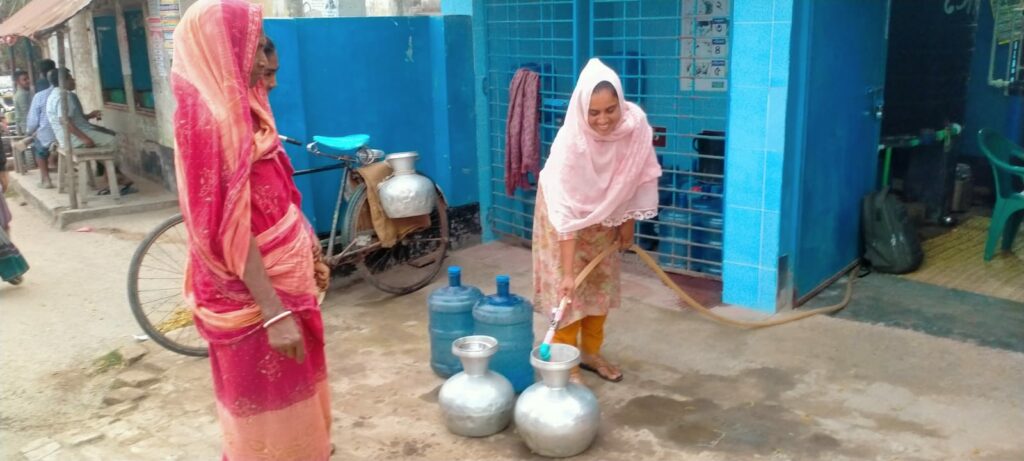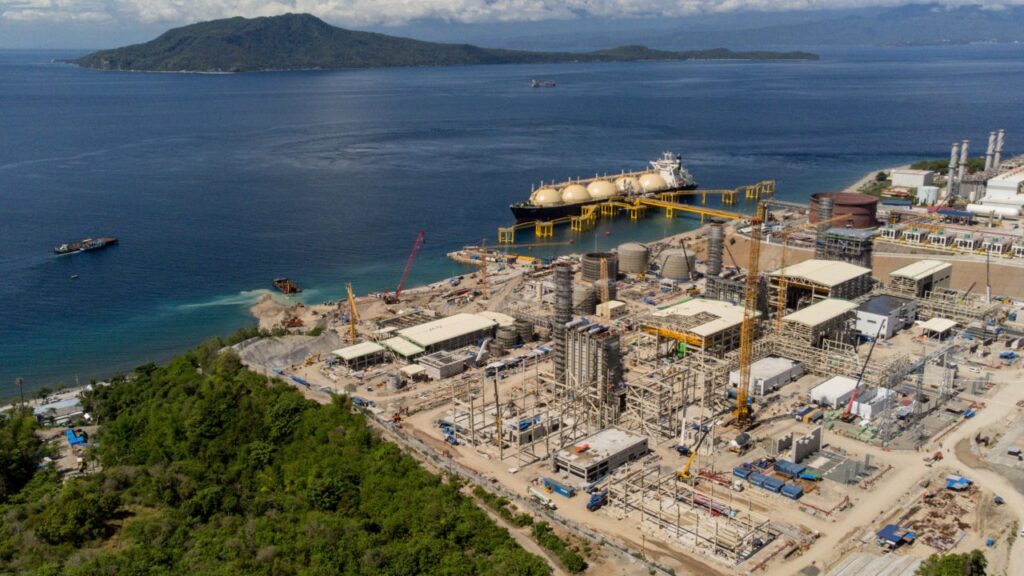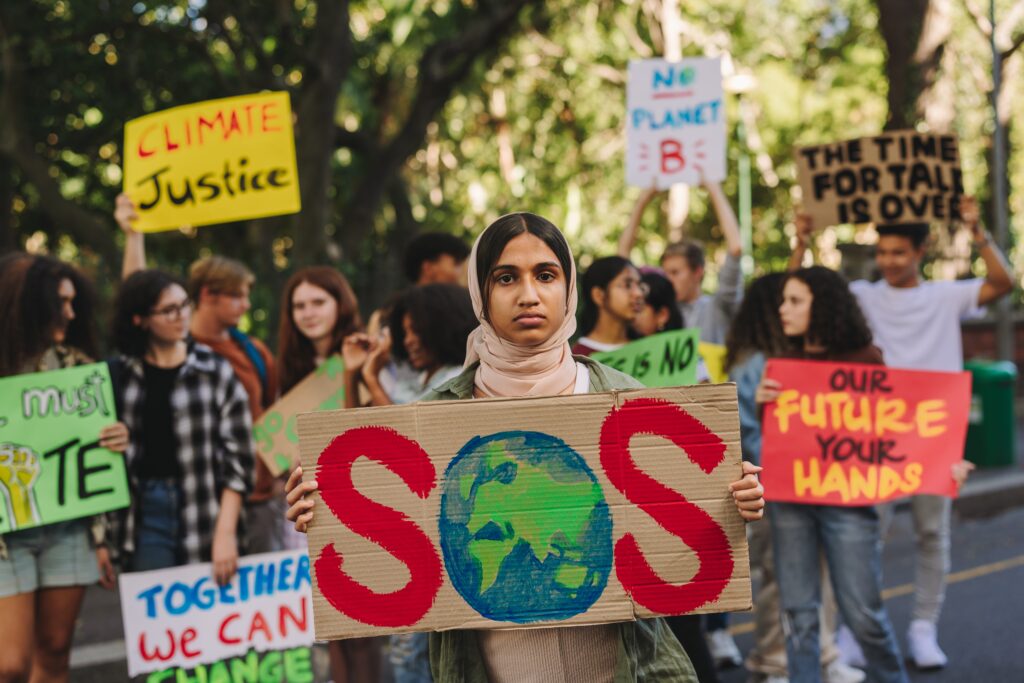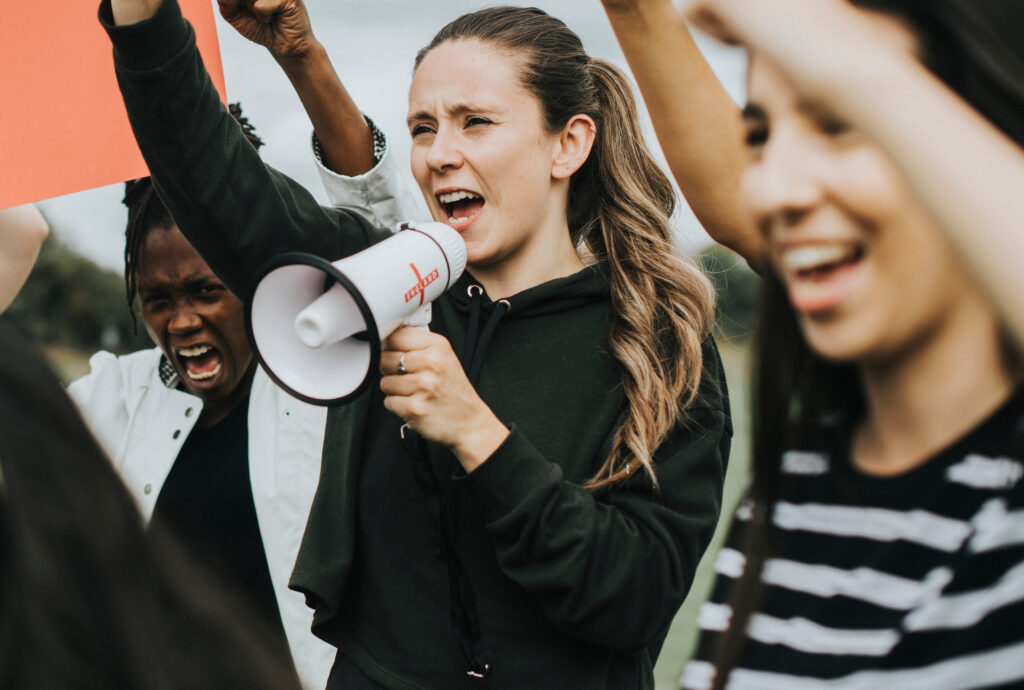A milestone in climate litigation in South Korea was reached in August when the nation’s Constitutional Court delivered a landmark ruling, finding that the country’s climate law does not fully conform to the Constitution. This decision marks the first major victory for climate litigation in Asia and sets a significant precedent for future climate-related legal actions.
200 Plaintiffs Moved to the Top Court
Since 2020, around 200 plaintiffs – including young climate activists and children – have filed petitions with the Constitutional Court. The plaintiffs argued that the government was violating citizens’ human rights by failing to sufficiently combat the risks and dangers posed by climate change.
In a joint statement in response to the verdict, the plaintiffs said: “The decision we face today is not just a victory for the plaintiffs who filed the lawsuit; it is an achievement for all those who have been excluded from the national climate response process while confronting the climate crisis.”
Sarah Mead, co-director of the Climate Litigation Network, said that the court has sent the “unequivocal message” that climate action is a legal duty. “As the first ruling of its kind in Asia, this hugely significant victory will have a positive ripple effect throughout the region and provide further support to the dozens of similar cases currently pending across the world.”


A Legal Mandate to Reduce Greenhouse Gas Emissions
Science shows that to remain on the Paris Agreement’s 1.5°C pathway, greenhouse gas emissions must be reduced by at least 50% by 2030 and reach net zero by 2050. A global temperature rise beyond 1.5°C above the pre-industrial average could trigger catastrophic and irreversible impacts on the planet — from the collapse of ocean currents and melting ice sheets. These perpetuating impacts would cause extensive harm and loss of life to people around the world.
While South Korea aims to reach carbon neutrality by 2050, its current climate policies fall well short of the action needed. If all countries were to follow South Korea’s approach, warming could reach over 3°C and up to 4°C.
The central issue in this case was whether the government’s target to cut greenhouse gas emissions by 40% by 2030 was sufficient to protect constitutional rights. The court ruled that the absence of legally binding targets beyond 2031 violated the rights of future generations and failed to fulfil the government’s duty to protect those rights.
Consequently, the South Korean government is now mandated by law to enhance its emissions reduction targets to safeguard its citizens from the climate crisis. Kim Young-hee, a lawyer for the plaintiffs, called the verdict “an important decision for the entire society’s greenhouse gas reduction.”
Though, while this ruling will significantly influence the government’s submission of its updated nationally determined contributions (NDC) next year, strengthening the law to fully align with the 1.5°C pathway goes beyond the legally mandated order from the courts.
Connecting Climate Targets to Human Rights
At the heart of this case is the fact that humanity relies on a stable climate to survive. The court’s decision statement highlighted that climate risks “can damage all environments foundational to daily life and threaten, among others, life and physical safety” and that it is the state’s duty to act decisively to protect its current and future citizens from these risks.
Han Jeah, a 12-year-old plaintiff, explained: “Our lives are already being affected by the climate crisis,” said. “We were born into this world, and we have the right to live safely and happily, even with the climate crisis happening. This right should always be protected, and no one should be able to take it away.”
Kim Seo-kyung, a 22-year-old Youth4ClimateAction activist, emphasised the human importance of the climate litigation case in South Korea. “Our goal is not just to advocate for ambitious greenhouse gas reduction targets but to protect our fundamental right to a safe life,” said Kim. “It is a declaration that the state’s climate response should be guided by our lives and rights.”


Far-reaching Impacts of Climate Litigation in South Korea
The court’s ruling is a historic victory for climate justice and human rights in South Korea that could have far-reaching implications across Asia and the world.
Mie Asaoka, a lawyer representing the Youth Climate Lawsuit in Japan, called the ruling a “significant judicial decision” for Asia, noting that it will have a substantial impact across the region. “We are confident that this decision will serve as a strong boost in Japan’s judicial realm,” she said.
Lin Yan-Ting, from Taiwan’s Environmental Rights Foundation, also explained that South Korea’s ruling could influence the outcome of a pending constitutional climate litigation case in Taiwan. This lawsuit seeks stronger carbon reduction targets to protect human rights and demands intergenerational justice through a carbon budget tied to these limits, said Lin Yan-Ting.
While climate litigation cases that advance action should be celebrated for their potential to leverage change, they also underscore a critical failure of governments to fulfil their duty to their people: citizens should not have to take their own government to court to secure a livable future. As plaintiff Han Jeah expressed: “I hope today’s decision will lead to a bigger change so that children do not have to file this kind of constitutional appeal,” she said. “The climate crisis is having a huge impact on our lives and there is no time to delay.”
Evelyn Smail
Writer, United Kingdom
Evelyn is a freelance writer and journalist specialising in climate science and policy, the just energy transition and the human impacts of climate change. She writes for independent publications, NGOs and environmental organisations. Evelyn has a background in sustainable development, climate justice and human rights.
Evelyn is a freelance writer and journalist specialising in climate science and policy, the just energy transition and the human impacts of climate change. She writes for independent publications, NGOs and environmental organisations. Evelyn has a background in sustainable development, climate justice and human rights.

